The Arctic, once a vast and frozen wilderness, is undergoing dramatic changes that threaten the survival of its most iconic inhabitant—the polar bear. As global temperatures continue to rise, the sea ice that polar bears depend on for hunting, breeding, and traveling is disappearing at an alarming rate. Scientists warn that without urgent action to curb greenhouse gas emissions, these majestic creatures could face extinction within our lifetime.
Polar bears are uniquely adapted to life in the harsh Arctic environment. Their thick layer of blubber and dense fur provide insulation against freezing temperatures, while their large, powerful paws allow them to traverse vast expanses of sea ice in search of prey. Seals, their primary food source, are most accessible when hunted from ice platforms. However, as the Arctic warms at nearly twice the global average rate, the ice is melting earlier in the spring and forming later in the fall, leaving polar bears with less time to hunt and build up the fat reserves they need to survive.
The consequences of dwindling sea ice are already visible in polar bear populations across the Arctic. In regions like Hudson Bay, where ice-free periods have lengthened significantly, bears are coming ashore thinner and in poorer condition. Researchers have documented declines in reproductive rates, with fewer cubs surviving to adulthood. In some areas, desperate bears are venturing closer to human settlements in search of food, leading to increased conflicts. These trends paint a grim picture of a species struggling to adapt to a rapidly changing environment.
Beyond the immediate impacts on polar bears, the loss of Arctic sea ice has far-reaching consequences for the entire ecosystem. Seals, walruses, and other marine mammals that depend on ice for resting and breeding are also facing habitat loss. The disappearance of ice alters ocean currents and weather patterns, with potential effects on global climate systems. Indigenous communities that have relied on Arctic wildlife for sustenance and cultural practices for generations are seeing their traditional ways of life threatened.
Climate models project that if current warming trends continue, the Arctic could experience ice-free summers as soon as the 2030s. Such a scenario would be catastrophic for polar bears, forcing them to endure extended periods without access to their primary hunting grounds. While some scientists hold out hope that polar bears might adapt to land-based hunting or shift their diets, the reality is that no alternative food source can replace the high-fat seals they depend on. The physiological needs of polar bears are so specialized that even minor disruptions to their feeding patterns can have severe consequences.
The plight of the polar bear serves as a powerful symbol of the broader impacts of climate change. These animals, perfectly evolved for life in one of Earth's most extreme environments, are now among the most vulnerable to human-caused global warming. Their struggle highlights the interconnectedness of ecosystems and the far-reaching consequences of environmental degradation. As sea ice continues to retreat, the window for saving polar bears from extinction is closing rapidly, making immediate and substantial reductions in carbon emissions more critical than ever.
Conservation efforts alone cannot save polar bears without addressing the root cause of their decline. While initiatives like protecting critical habitat and minimizing human-bear conflicts are important, they are ultimately stopgap measures in the face of planetary-scale warming. International cooperation to reduce fossil fuel consumption and transition to renewable energy sources offers the only real hope for preserving Arctic ecosystems. The fate of polar bears now rests on humanity's ability to make rapid and meaningful changes to our relationship with the planet.
For those who may never see the Arctic firsthand, polar bears represent something greater than themselves—they embody the wild, untamed spirit of nature. Their potential disappearance would mean more than the loss of a single species; it would signal the unraveling of an entire ecosystem that has existed for millennia. As climate change accelerates, the story of the polar bear serves as both a warning and a call to action, reminding us that the time to act is now, before it's too late for these Arctic giants and the frozen world they call home.
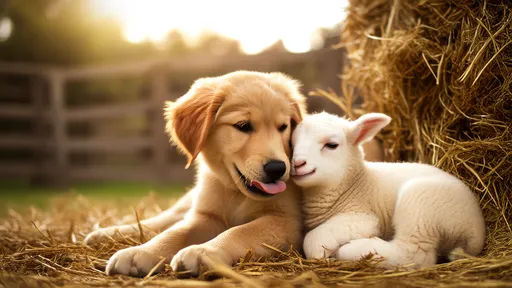
By /Aug 4, 2025
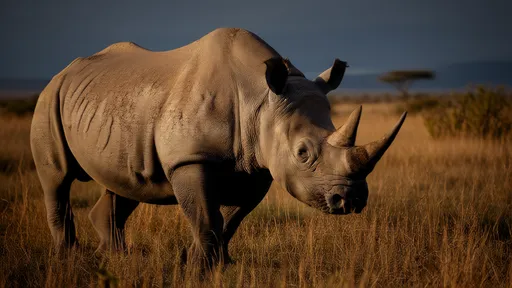
By /Aug 4, 2025
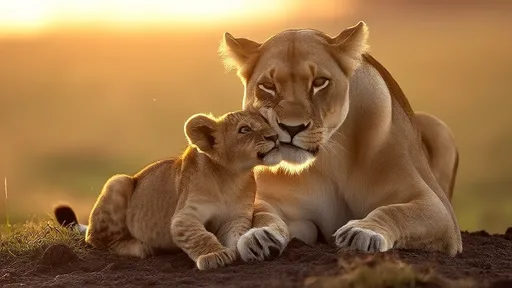
By /Aug 4, 2025

By /Aug 4, 2025
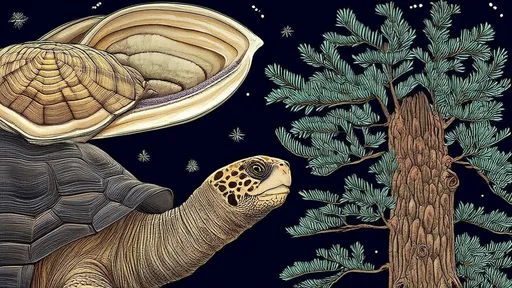
By /Aug 4, 2025

By /Aug 4, 2025

By /Aug 4, 2025
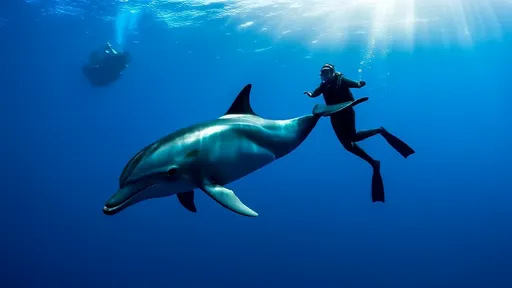
By /Aug 4, 2025
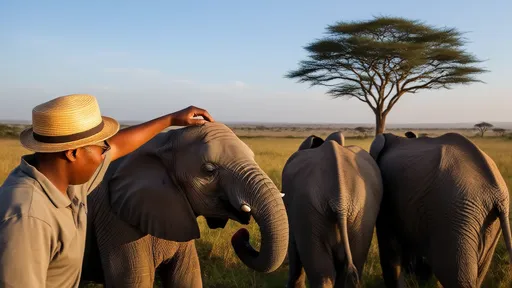
By /Aug 4, 2025

By /Aug 4, 2025
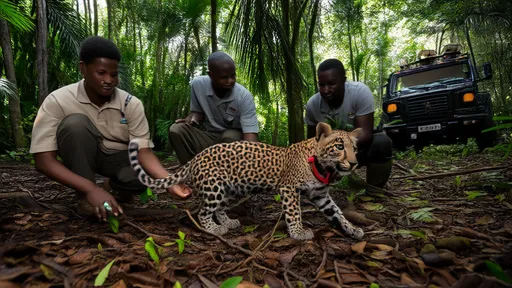
By /Aug 4, 2025

By /Aug 4, 2025
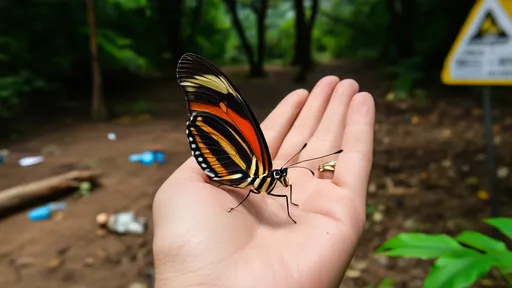
By /Aug 4, 2025

By /Aug 4, 2025
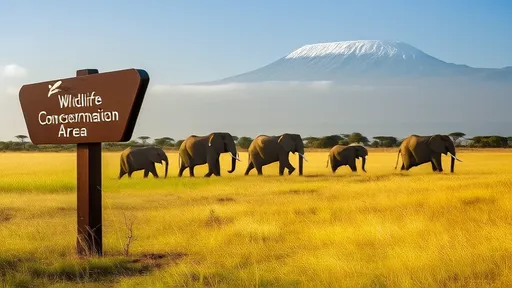
By /Aug 4, 2025
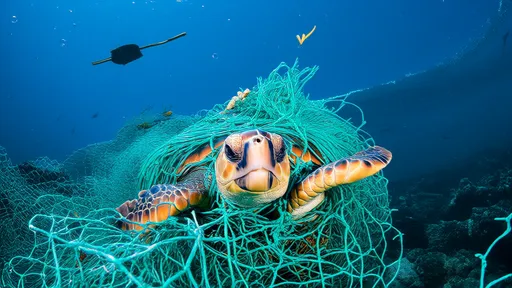
By /Aug 4, 2025
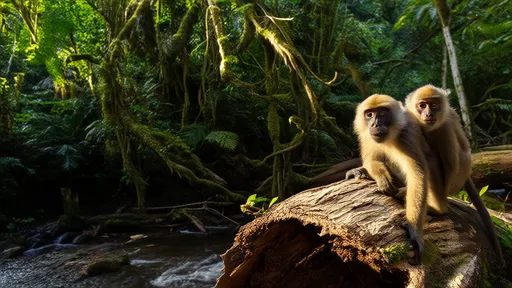
By /Aug 4, 2025
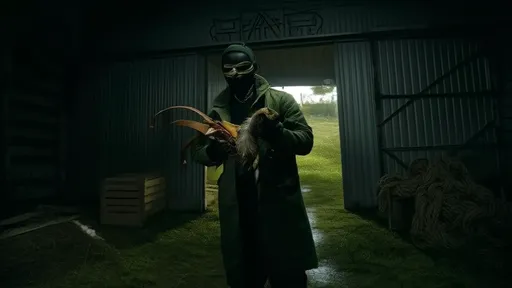
By /Aug 4, 2025
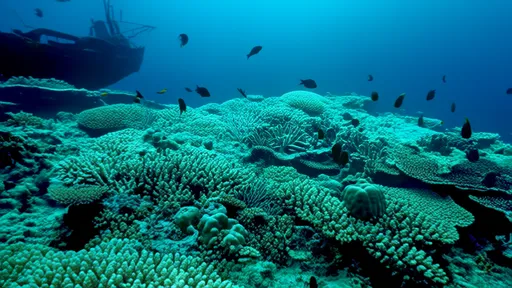
By /Aug 4, 2025
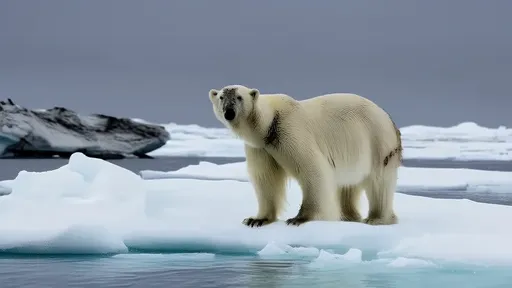
By /Aug 4, 2025